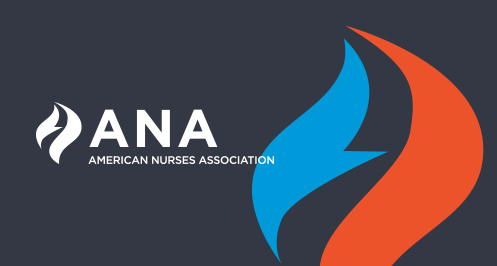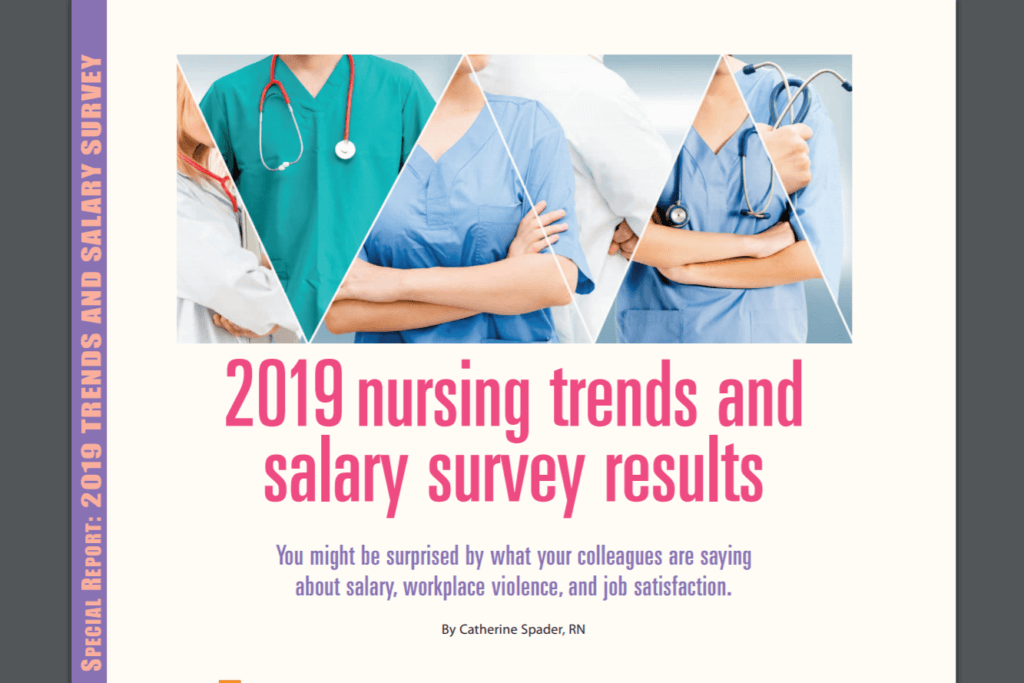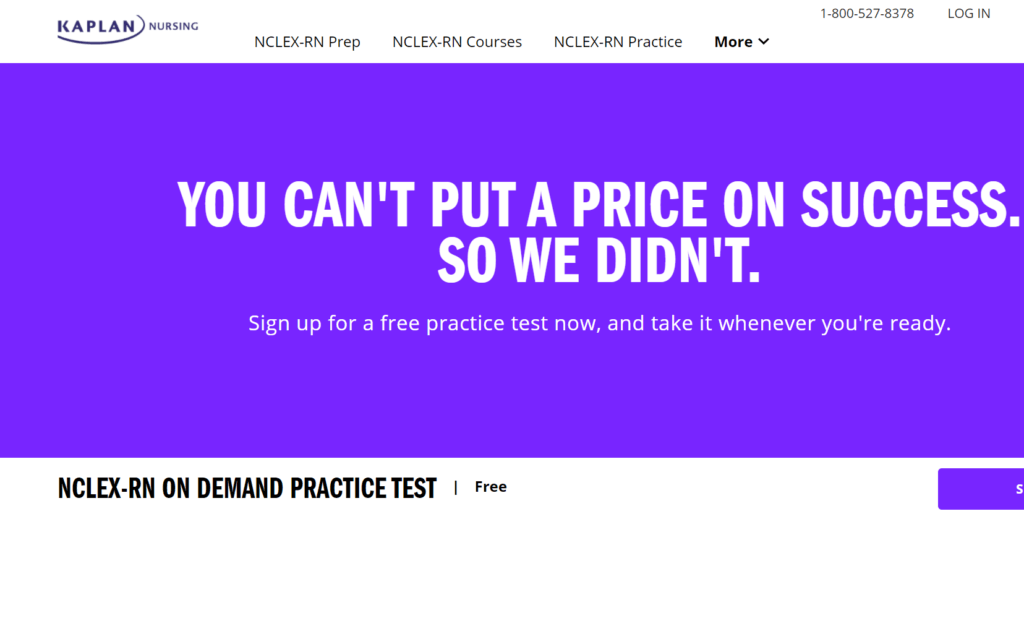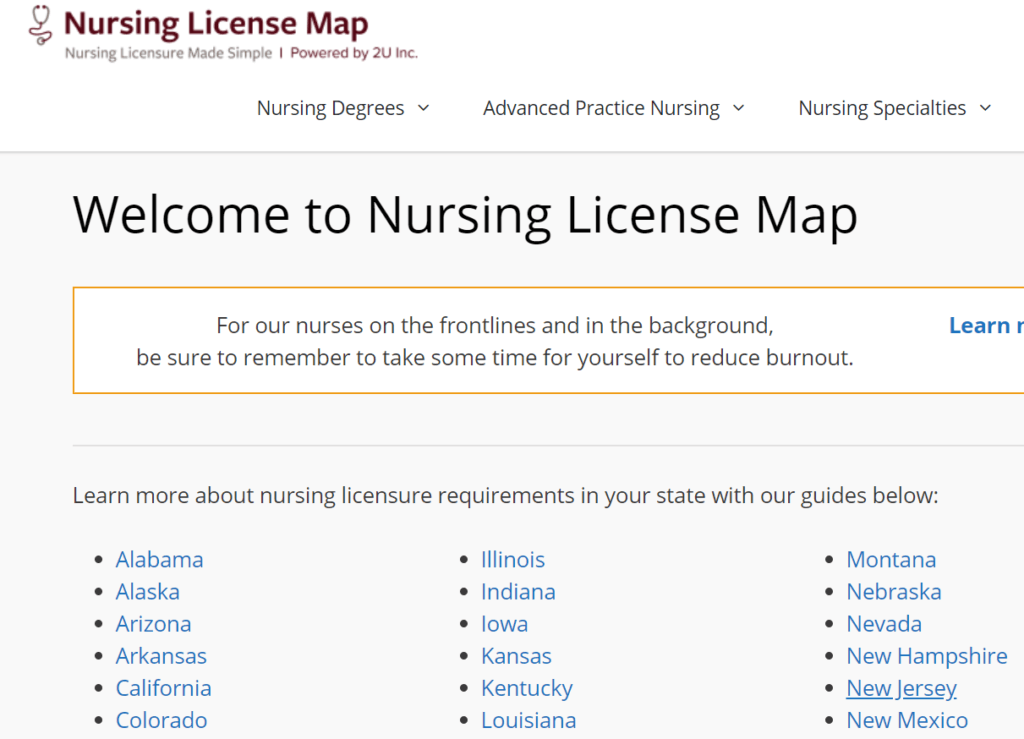The Journey to Become a Registered Nurse (RN)
Considering a career as a registered nurse? If so, you would enter one of the most in-demand, diverse and rewarding careers available for men and women. The work is challenging, but incredibly fulfilling. From hospitals, to outpatient settings, to academia, to helicopters, to camps and cruise ships, your employment possibilities are almost endless!
You have options for your nursing education program. Years ago, most students who wanted to become registered nurses attended hospital-based schools of nursing that awarded a diploma upon graduation. Today, you can enter a two-year Associate’s Degree in Nursing (ADN) program in a technical or community college or pursue a four-year Baccalaureate Degree in Nursing (BSN) program at a college or university.
An ADN program may be your choice if you need a more flexible schedule and faster route to a job as a registered nurse. But before you sign up for the 2-year program, consider the bigger picture: Baccalaureate-prepared nurses have a true competitive advantage in the job market and many more career advancement opportunities. Some employers only hire baccalaureate-prepared nurses or require a BSN within a certain timeframe to continue employment. Certain states and professional organizations also require a BSN for nurses to hold specific roles and certifications. Select the degree program that’s right for you.
What should I consider when selecting a nursing school?
First, are you willing and able to travel? Would you enjoy the opportunity to live on or near campus while attending nursing school? There are many great nursing schools throughout the United States. But if you prefer to stay closer to home, look for a nursing program within an easy commute. Do you prefer a large or a small school? Large schools can offer a wider variety of academic programs, student activities, sports, and campus resources. Small schools may offer greater intimacy for more focused learning and closer connections with faculty and classmates.
Be sure that the nursing programs you consider have a quality reputation, meet national standards, are accredited by an approved national nursing organization, and enable successful graduates to take the National Council Licensure Examination (NCLEX) for Registered Nurses. Find out how past students have done on the NCLEX exam. It is an excellent indicator of how well the school prepares its graduates to take the test and safely enter nursing practice.
Are you concerned about the cost of a nursing education? Costs vary greatly. They depend on the school and the location. Private colleges, universities, and large schools are often more expensive than state or community colleges. Tuition may be higher for out-of-state students. Also factor in costs related to textbooks, student uniforms, equipment, clinical fees, and living expenses. If you need financial resources to cover nursing school expenses, explore funding sources such as student loans, scholarships, grants, and employer-sponsored tuition reimbursement.
What next?
Once you are a registered nurse, your horizon is wide open. You can work in a wide variety of practice settings and specialty areas. You can also choose to further your career by becoming a nursing educator, leader, or advanced practice nurse. The American Nurses Association can help you every step of the way!

















